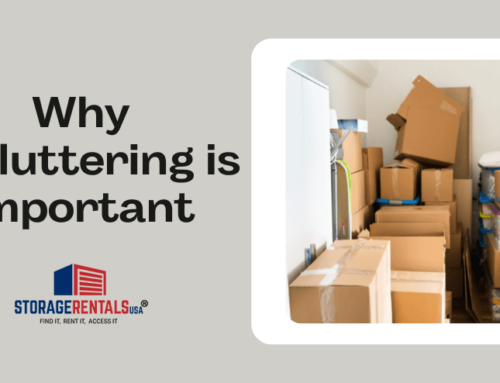It’s important to thoroughly read and understand self-storage contracts when renting a storage unit. This contract is a binding, legal agreement between you, the renter, and the storage facility, so you need to ensure all the necessary details are included.
Every self-storage contract is unique and the terms and conditions can vary. There are, however, items that are typically listed in these contracts. The document should contain the contact information for the facility, their terms, your purpose, and payment information.
Facility contact information should include the facility address, phone number, email address, and unit rental number. The terms agreement states the beginning and end of the contract, whether it is yearly or month to month. Your purpose should list what types of items you will be using the unit for, such as non-perishable items or personal belongings.
Prohibited Items
The storage agreement contract should legally define what can, and cannot, be stored in the unit. It may also define the maximum value of stored items that are protected as a security precaution. This agreement may require you to agree to not store important items like artwork, heirlooms, documents, or other valuable property. You may also have to agree to only storing items that are valued up to a certain overall amount determined by the facility.
Guidelines for payment
Your unit contract should include established payment arrangements, and whether payment schedules are subject to change. It should also include provisions for grace periods, due dates, late fees, and deposit requirements. If payment schedules are subject to change, you should be given a 30 day notice prior to the increase.
You should note that agreeing to anything without a written contract is never a good idea. Every contract should state the following: “This contract contains the entire arrangement between all parties,” and “no oral agreements or promises from any agent or employee of (Storage Facility Name) that conflicts with this arrangement shall have any binding legality.”
Posting rules
All rules should be posted onsite at the facility where they are easily viewed by the Storage Rental tenants. The rental contract should include a clause to the effect of: “All rules of the property are included as materials in the terms of this contract.” It may also include information that permits notifications about rate changes or payment schedules be sent to the renter via email or physical mail.
Guidelines for termination
If you fail to pay rent on your unit or breach any part of the agreement, the contract will most likely state that any or all of the contents in your unit may be sold to satisfy your remaining balance. Some storage facility owners will also start collection proceedings. The contract should also include a provision that allows you to terminate the contract within a given amount of time, as prescribed by law.
Hours of access
Hours of access will vary based on the discretion of the facility owner, but the contract should clearly state the hours you will access to your unit. These hours are typically established to prevent people from living in their units.
Liability protections
The storage facility contract will most likely include liability protections for the property owner to protect their business from any liability due to injury, damage, or loss. The contract will also have several statements that inform you that you are storing items and personal belongings at your own risk. It’s a good idea to get some form of insurance to protect your possessions.
Conclusion
Entering into a lease agreement for a self storage unit is a legal, binding contract. You should carefully read the terms of the agreement before signing it. Storage Rentals USA helps customers find storage units easily without the extra frustrations of the process. Get started on your search for a storage rental today!

 Open 24 hours
Open 24 hours






Leave A Comment